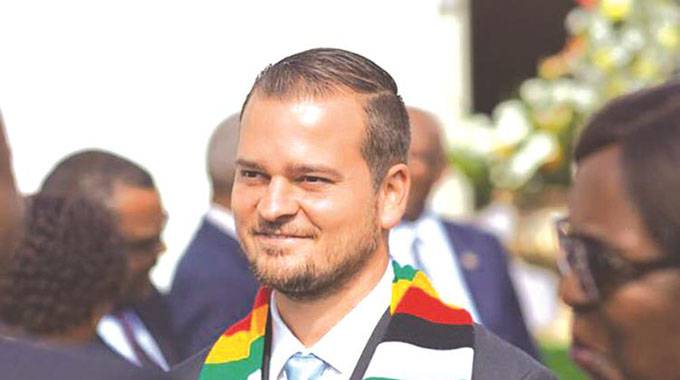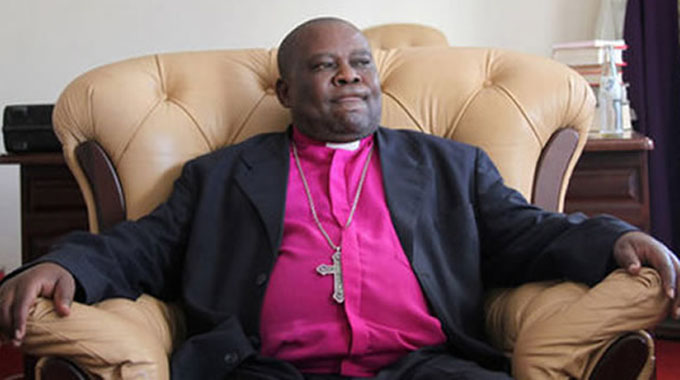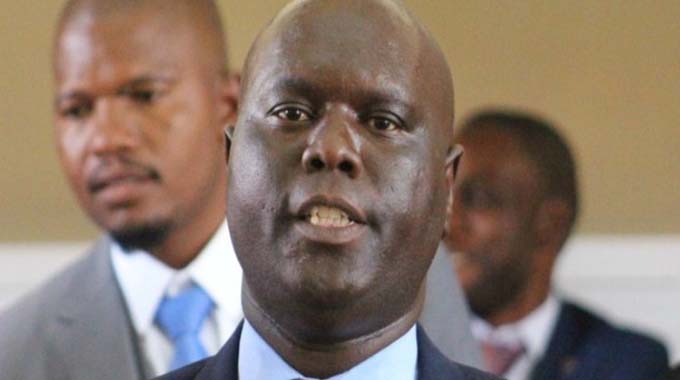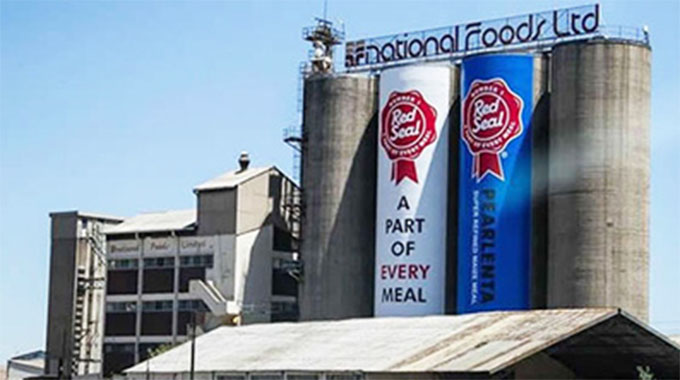Ministry to probe private cotton firms

Business Reporter
Some private cotton companies are under the spotlight amid revelations they inflated figures of hectarage contracted to small scale growers with a view of being allocated huge quotas during the next marketing season.
Apart from inflating the supported hectarage, it has also emerged the bulk of cotton growers contracted by these firms – which include China Africa, Zimbabwe Cotton Consortium and Southern Cotton – only received planting seed, which did not properly germinated due to poor rains at the beginning of the season.
Deputy Minister of Lands, Agriculture, Water, Climate and Rural Resettlement Vangelis Haritatos has since promised to investigate the matter.
With the selling season expected to begin in the next two months, industry players are now calling for a validation exercise to ascertain the support rendered by the merchants, which then determines quotas to be allocated to cotton firms.
State owned, Agriculture Marketing Authority, is charged with allocation of the quotas.
“This is kind of cosmetic financing by errant merchants (just to warrant their presence during buying season). . .but unfortunately, weak regulatory enforcement remains a challenge,” said an official with a local farmers’ organisation.
Vangelis said it was “shocking” adding that such conduct was tantamount to theft.
“It is terrible and it should not be like that. Some of these companies got foreign currency to import the inputs. It is a matter that the ministry will look into,” he said.
Vangelis said AMA should conduct an audit to ascertain the level of support by cotton companies before issuing the quotas in the next selling season expected to start in May.
No comment could be obtained from AMA by the time of going to print yesterday.
Since private firms would have invested little in production, they can afford to pay higher prices to entice farmers into side marketing. Government, remains the biggest investor in cotton sector, having put in more than $150 million since 2015.
The scheme – being administered by The Cotton Company of Zimbabwe has seen production rising from 28 000 tonnes in 2016 – the lowest in nearly two decades to 142 000 tonnes last year, with 90 percent having been funded by Government.
In interviews with farmers in Mahuwe in the Mashonaland Province, scores of farmers confirmed how they had been short-changed by some private companies.
Takesure Chijaka, a 26-year-old farmer in Chawasarira Village told this publication that while his contract with ZCC showed he was supported with inputs for two ha, he only got seed enough for a hectare.
“They had promised that more seed and other inputs such as fertilisers and chemicals will follow but up to now, we haven’t seen them and we don’t know what to do,” Chijaka told Business Weekly.
In the same predicament are Elvis Matete and Daires Mukombe from the same village.
Moregood Chibahwe and Christwell Sam – both contracted by China Africa said their contractors only availed seed and small quantities of chemicals. Fertilisers were only given to their leaders.
“We are so many in this situation and it is sad,” Adini said.
Some said they had not given copies of contracts amid fears the firms might misrepresent the figures to AMA to be allocated huge quotas in the marketing season.
Last year, the Government came up with regulations to curb side marketing of agricultural commodities produced under its various contract farming programmes.
The Agriculture Marketing Authority (Command Agriculture Scheme for Domestic Crop, Livestock and Fisheries Production) Regulations of 2018 also seeks to deal with abuse of agriculture inputs that would have been given to the farmers.








Comments